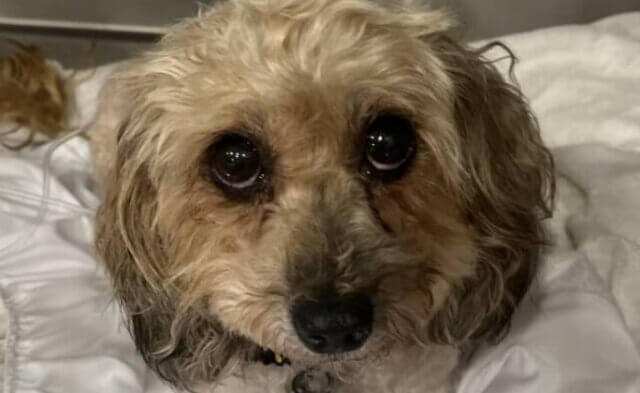Not all that long ago, pregnancy tests were performed by injecting a urine sample into a frog, rabbit, or mouse and waiting to see whether the animal died. That was back when experimenters studying HIV seemed to think that injecting hundreds of chimpanzees with the virus could somehow lead to new AIDS treatments or that blow-torching live pigs could advance the study of burns.
Experiments like these are still occurring, and they’re just as crude, cruel, and misleading as they’ve always been. However, PETA is changing that, and the situation is discussed in PETA President Ingrid Newkirk’s book, Animalkind.
To change the future, we must know the past. Animalkind examines how the ugly practice of vivisection got its start, from the thinker-physicians of ancient Greece and Rome who championed it to Enlightenment figures such as Francis Bacon and René Descartes, who rationalized harming animals for humans’ supposed gain. (Apparently, they weren’t very enlightened about animal rights!)
Nearly as long as humans have been cutting up animals for “science,” there have also been ethical objectors, and the book introduces us to them, too—including figures as diverse as Charles Darwin, the physician Joseph Lister (who introduced sterile surgery for humans), Queen Victoria, and Irish suffragist Frances Power Cobbe.
Animalkind doesn’t shy away from sharing the many ways in which animals are tormented and killed in laboratories—often for no other reason than to satisfy experimenters’ curiosity. It also delivers a refreshing dose of hope, in the form of the scientific and ethical advances that have been made over the centuries, at the urging of PETA and others pushing for progress.
Scientists are now using in vitro techniques to grow and study human cells and even organs, including skin, hearts, lungs, and stomachs. We also have organs-on-chips, which mimic the way the human body responds to genes, drugs, germs, and more. Advanced computer simulations let researchers experiment on digital representations of human biology and have been used to model cancer treatments, study heart function, and analyze how diseases affect the body.
As Animalkind explains, there are many ways each of us can be part of the change. Start by shopping cruelty-free (check out PETA’s Beauty Without Bunnies list for thousands of personal-care and household product brands that never test on animals). Then call or write to brands that still test on animals and let them know that you won’t be buying their products until they stop. Be sure to only support charities and colleges that never fund or conduct experiments on animals. If you’re not sure whether they do, ask—and don’t contribute until you have a written guarantee that animals aren’t being used.
The book outlines many other ways we can try to make changes, including by writing to government decisionmakers and pushing for laws that protect animals, persuading companies and institutions that test on animals to adopt humane methods instead, and blowing the whistle on any cruelty that you witness in laboratories.
For more ways to make a difference for animals used in experiments—and for a wealth of fascinating insights about animals’ empathy, awareness, and intelligence—be sure to check out Animalkind, and keep the ball rolling by sharing it with a friend or neighbor!





